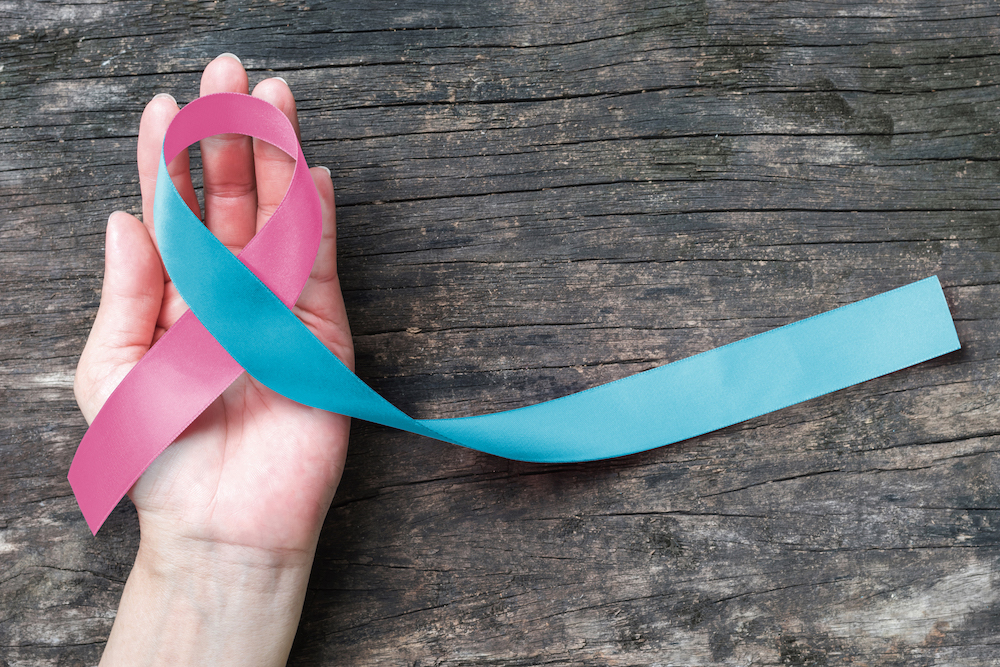3 Reasons to Share Your Story During National Infertility Awareness Week

Every National Infertility Awareness Week (NIAW) is an opportunity to step up your involvement as a member or ally of the fertility community. This year, NIAW is April 24 to April 30. There are many different ways you can participate, from attending local fundraisers or walks to wearing orange on April 27, writing to your state representatives to petition for better fertility laws, and sharing your story.
We know that your fertility journey is a deeply personal, sensitive, and possibly incomplete story, so you should only share it if you feel comfortable doing so. However, if you’re unsure how you feel, or trying to decide, we wanted to offer some reasons why sharing your story could be beneficial to you and your fellow fertility community members alike.
Do It for Yourself
Sharing your story can be cathartic. There is a release felt when a journey is put into words and shared with others. There may be fears about judgment, misunderstanding, and insensitivity, but the overall reasoning for sharing your story is that it moves your journey forward. Many fertility paths feel lonely, with appointments, procedures, testing, medications, injections, bad news, good news, waiting for any news at all, etc. When you share your story, you’re putting a face to a subject that might be entirely new or not fully understood by those in your social sphere. You’re an educator and an advocate for a cause. There’s a lot of power in choosing to tell your story.
Do It for Others in the Fertility Community
Hearing from others who are also undergoing IVF, working with a surrogate, or using a donor (egg or sperm) is one of the most important forms of support those in the fertility community can seek. Many people report that even the most understanding family members and friends can’t quite comprehend the daily, weekly, and monthly ups and downs of fertility care. NIAW is one of the most popular times of the year to share stories, so you can share your own and read others as well. This is tangible proof that you are not alone; you have an entire community behind you.
Do It for Allies of the Fertility Community
So many family members and friends of those working to grow their families want to be the best possible allies. They want to be good listeners, they want to get educated about the path their loved one is using to become a parent, and they want to be a source of support rather than of stress or judgment. We applaud those who take the role of ally seriously, and we know it can feel overwhelming when trying to find the right words of comfort or the correct response to a difficult time. Reading stories about others who are using fertility care helps broaden an ally’s understanding of what it means to rely on reproductive technologies, donors, or surrogates to have a child. It takes the technical away and puts things in perspective so that the struggles and successes are human, not technical, topics of reproduction.